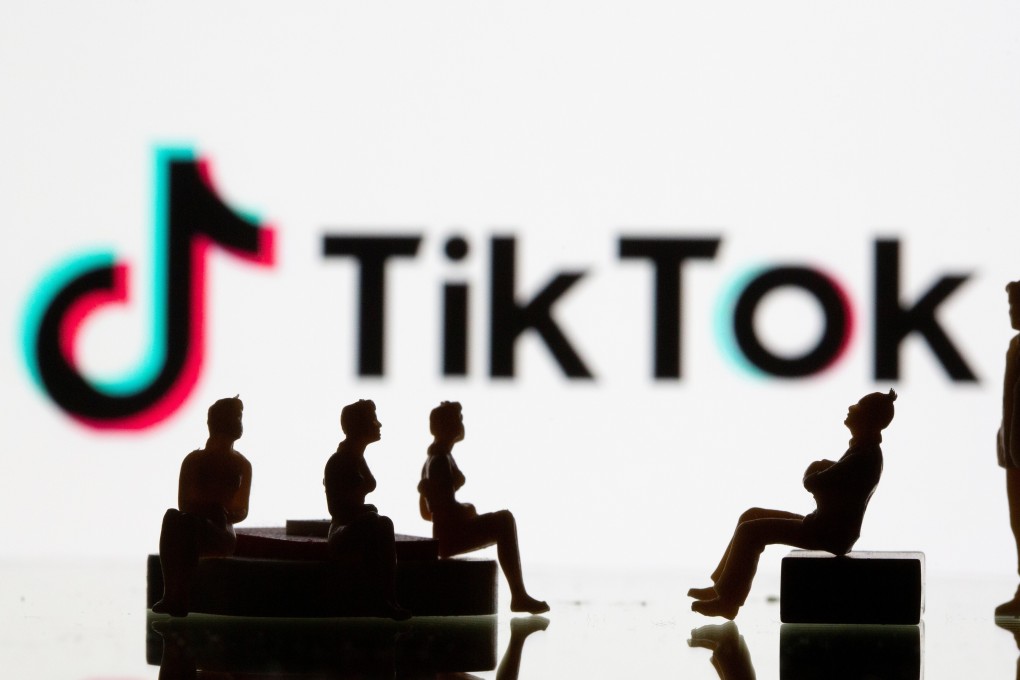Explainer | Here’s what you need to know about Oracle’s deal to buy TikTok in the US from China’s ByteDance
- Donald Trump said he supports the deal agreed between Oracle and ByteDance over TikTok’s US operations in principle
- TikTok will be owned by a new company called TikTok Global and be headquartered in the US

1. What deal have ByteDance and Oracle agreed?
TikTok will be owned by a new company called TikTok Global and be headquartered in the US, possibly in Texas, Trump said. Oracle will take a 12.5 per cent stake in TikTok Global and store all its US user data on its cloud to comply with US national security requirements, the companies said. Retail giant Walmart said it would take a 7.5 per cent stake in TikTok Global. ByteDance will remain a majority shareholder.
Beijing-based ByteDance is seeking a valuation of US$60 billion for TikTok as Oracle and Walmart take stakes to address US national security concerns, according to a Bloomberg report, citing a person familiar with the matter.
The final valuation has not been set as the parties continue to work out the equity structure and measures for data security, Bloomberg cited the person as saying. Beijing also has yet to approve the deal, though regulators are said to favour any transaction in which ByteDance maintains control of its recommendation algorithms and other proprietary technology.